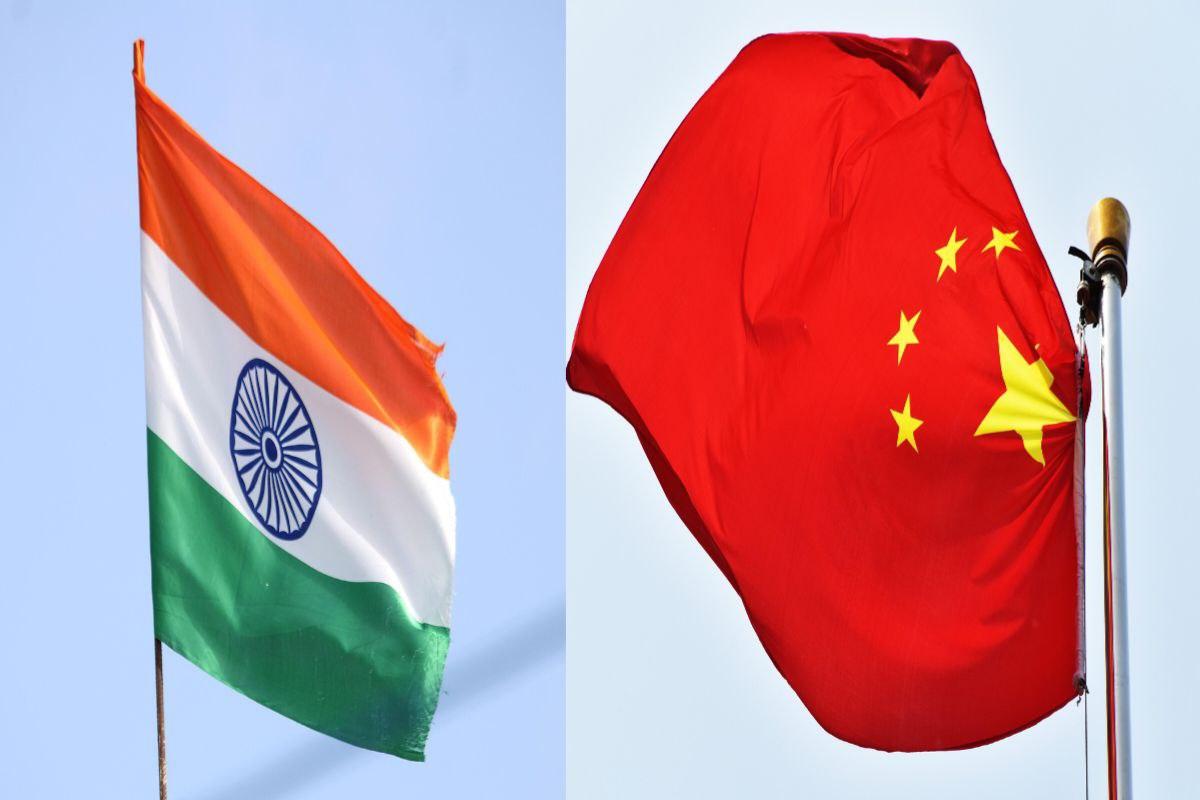
Even as Indian External Affairs Minister S. Jaishankar visits China, the Chinese government seems unwilling to let go of its contentious and provocative stance on sensitive issues. Just before his arrival in Beijing, the Chinese Embassy released a statement that may once again escalate tensions and cast a shadow over efforts to normalize bilateral relations.
On July 13, the Chinese Embassy made a controversial remark regarding the succession of the Dalai Lama, calling it a "thorn" in India-China relations and labeling it a "burden" for New Delhi. The embassy criticized certain Indian strategic and academic circles, including former officials, for making inappropriate comments on the matter that run counter to the Indian government’s official position.
The statement reiterated Beijing’s long-standing claim that matters concerning Tibet—including the reincarnation of the Dalai Lama—are entirely internal to China. The Chinese government asserted that no external power should interfere in what it deems a domestic issue. It also emphasized that any successor to the Dalai Lama must be approved by the Chinese government.
This position directly contradicts that of the current Dalai Lama, who has clearly stated that the process of selecting his successor should take place during his lifetime and that it is a purely religious decision. He has handed over the responsibility of the selection process to the Gaden Phodrang Trust. According to the Dalai Lama, only this trust has the authority to identify and recognize the next spiritual leader of Tibetan Buddhism.
India, for its part, has consistently maintained that it respects the Dalai Lama and his religious traditions. This support has infuriated China, which continues to view any international or foreign engagement with the Dalai Lama as interference in its internal matters. The recent statement by the Chinese Embassy appears to be a strategic move aimed at asserting its narrative, even during a high-level diplomatic visit.
What makes the timing even more significant is that Jaishankar is in China to attend meetings related to the Shanghai Cooperation Organization (SCO). Upon reaching Beijing, the Indian External Affairs Minister held talks with Chinese Vice President Han Zheng and SCO Secretary-General Nurlan Yermekbayev. During the meeting with Han Zheng, both sides emphasized the need to improve bilateral ties. However, notably, the discussions did not touch upon the Tibet issue or the controversy surrounding the Dalai Lama’s succession.
Despite China’s provocative tone, there is little likelihood that such remarks will change the ground reality. The succession of the Dalai Lama is widely regarded as a deeply spiritual and religious matter, not a political one. By trying to control or interfere with this process, China appears to be attempting to undermine Tibetan autonomy and suppress religious freedom—something India is unlikely to endorse given its policy of supporting religious independence and the Tibetan people.
Beijing’s latest comments are not just about controlling a religious narrative—they are part of a larger geopolitical game. By targeting the Dalai Lama’s succession during Jaishankar’s visit, China is subtly reminding India of its firm stance on Tibet, even as it speaks of cooperation and improved relations.
As the diplomatic visit continues, observers will watch closely to see whether this issue finds its way into formal discussions or whether both sides will maintain a cautious diplomatic silence to avoid further friction. But what remains clear is that the question of the Dalai Lama’s successor is no longer just a religious matter—it has become a geopolitical flashpoint in India-China relations
Disclaimer:
This article is based on publicly available information and news reports. It is intended for informational and journalistic purposes only. The views expressed are not intended to offend any individual, community, government, or religious belief. All political and diplomatic developments are subject to change, and readers are encouraged to consult official sources for the latest updates




